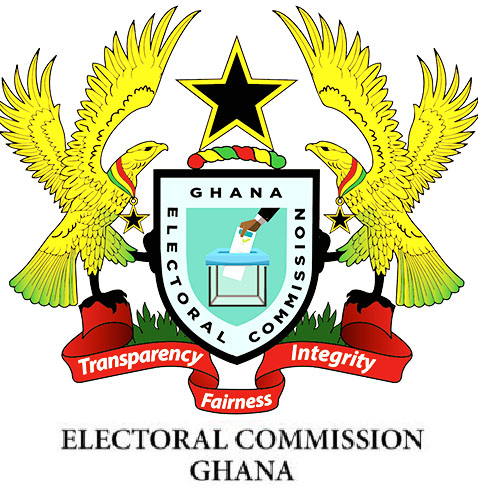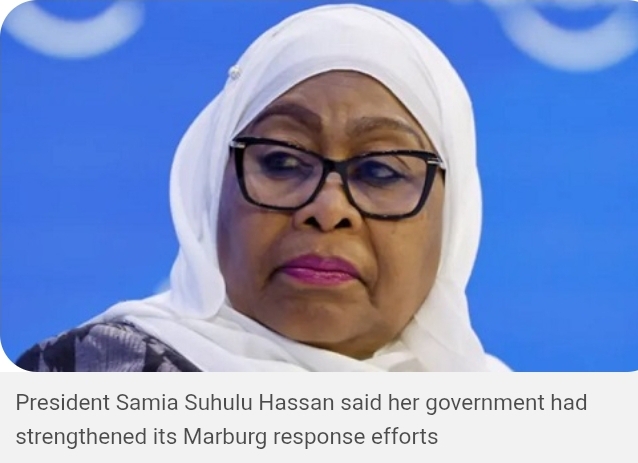
Ghana has once again failed to finalize any new petroleum agreements in 2024, marking the fifth consecutive year of stagnation in attracting new upstream investments, as detailed in the 2024 annual report by the Public Interest and Accountability Committee (PIAC).
Despite the Ministry of Energy’s ongoing initiatives to attract investors, the country has not secured a new agreement since 2018. This trend, according to PIAC, signals a troubling decline in investor confidence within Ghana’s upstream petroleum sector. The report was unveiled in Accra by PIAC Chair, Mr. Constantine K.M. Kudzedzi.
On a more positive note, Ghana experienced a notable 27.8% increase in petroleum revenues, rising from US$1.06 billion in 2023 to approximately US$1.36 billion in 2024. Mr. Kudzedzi attributed this growth primarily to the rise in global oil prices, making 2024 the second-highest revenue year for petroleum since Ghana began oil production, surpassed only by 2022.
However, he cautioned that the nation’s crude oil production has continued its downward trend for the fifth consecutive year. Output decreased from 71.44 million barrels in 2019 to 48.25 million barrels in 2024, reflecting a slight year-on-year decline of 0.01% and an average annual decrease of 7.4%.
“This consistent drop in production, if not addressed, poses a significant risk to the long-term stability of petroleum revenues,” he warned.
Mr. Kudzedzi also expressed concerns regarding accountability within the Ghana National Petroleum Corporation’s subsidiary, GNPC Explorco. In 2024, the company generated over US$145 million from crude oil liftings but failed to deposit this amount into the Petroleum Holding Fund, as mandated by law.
“This has resulted in a total of nearly US$489 million in unpaid revenue by GNPC Explorco and JOHL,” Mr. Kudzedzi stated, stressing that all revenues must be transferred into the Fund to guarantee transparency and proper state oversight.
Additionally, he pointed out the loss of over 1,186 million standard cubic feet of Make-Up Gas from the SGN Field, which had already been paid for. This loss, he noted, was due to insufficient gas infrastructure, resulting in wasted resources that could have otherwise been utilized for electricity generation or industrial purposes.











